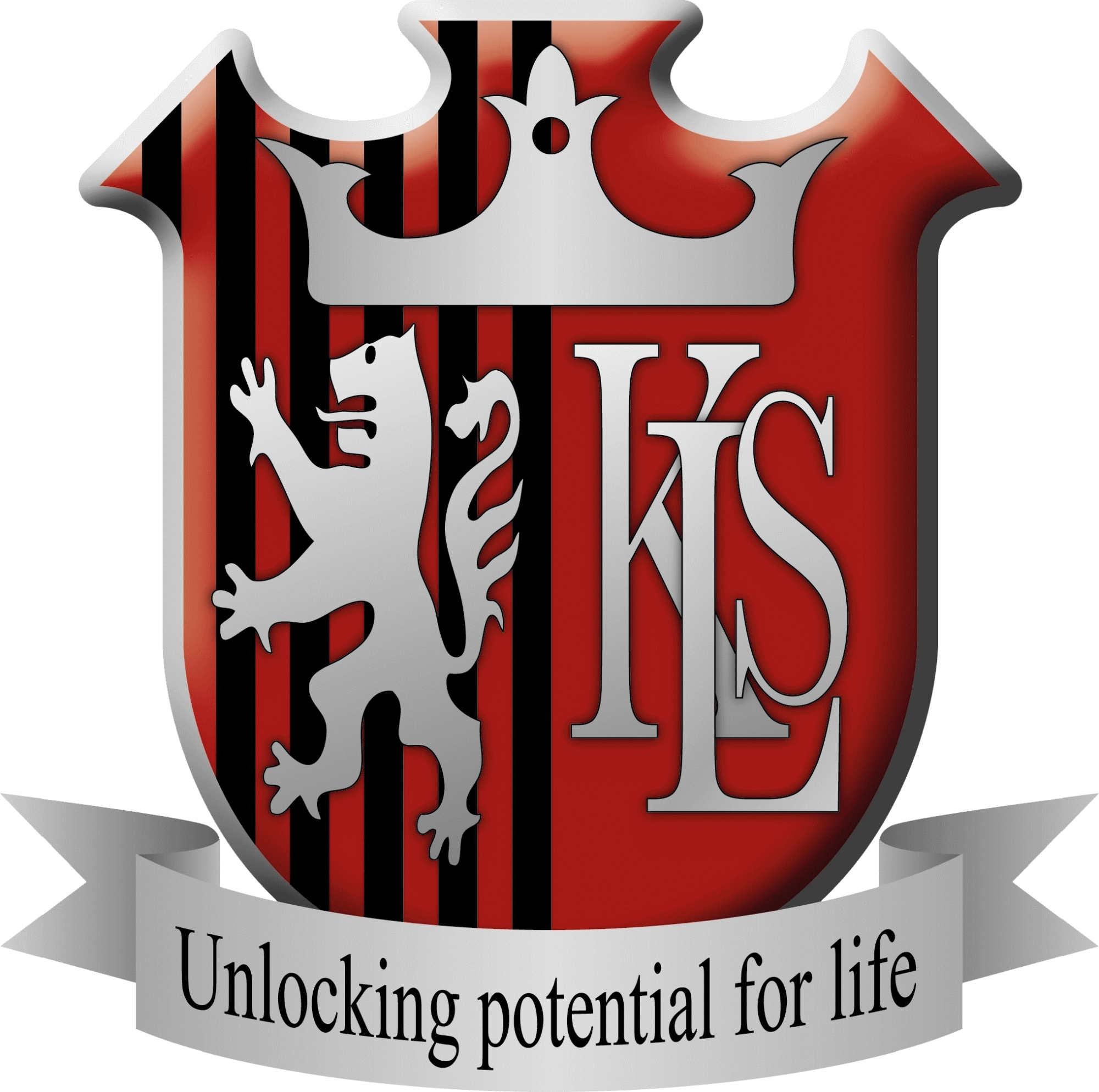Computing Studies
“Computer Science is no more about computers than astronomy is about telescopes.”
EDSGER W. DIJKSTRA
Curriculum Summary
We aim for students to understand to solve problems using computers (Computational thinking).
Students learn to design, write and debug simple programs, including controlling or simulating physical systems. We prepare our students to be able use a range of technology and software effectively including for collecting, analysing, evaluating and presenting data and information (Information Technology). Students learn how computer networks enable communication and online collaboration and how to use technology legally, safely, respectfully and responsibly (Digital Literacy).
Staff
Mr A Ewen - Subject Leader of Computing
Mr J Leek - Senior ICT Support Engineer
Mr D Brookes - ICT Strategic Lead
Curriculum Summary
We aim for students to understand to solve problems using computers (Computational thinking).
Students learn to design, write and debug simple programs, including controlling or simulating physical systems. We prepare our students to be able use a range of technology and software effectively including for collecting, analysing, evaluating and presenting data and information (Information Technology). Students learn how computer networks enable communication and online collaboration and how to use technology legally, safely, respectfully and responsibly (Digital Literacy).
Computing in KS3
Students have two, one hour lessons a fortnight. Key stage 3 curriculum takes an iterative approach whereby topics and the key concepts are introduced in year 8. In year 9 students revisit the topic to explore it at a greater depth. Topics students cover are as follows; Software Adaption & Tool Selection, Computational Thinking, Effective Communication, Data Manipulation & Processing and Use & Impact of Computers
Computing studies in Year 8
-
Unit 1: Digital literacy
-
Unit 2: Computer systems – Hardware and Software
-
Unit 3: Financial Modelling using spreadsheets
-
Unit 4: Computer Control and Algorithms
-
The Turing test
-
Unit 5: Introduction to computer programming using scratch, Micro bit, Sonic pi
-
Unit 6: Text based programming – Introduction to python
Computing studies in Year 9
- Unit 1: Computational Thinking & Developing algorithms
- Unit 2: Text based programming
- Unit 3: Computer Security
- Unit 4: Ethical, legal, cultural and environmental issues and computing
Teaching and learning in KS3
All students have two 50 minutes lessons every fortnight. These are mixed ability lessons. Lessons are conducted in specialised computer rooms where by each student have access to a computer or laptop.
Computer Science is engaging and practical, encouraging problem solving. It encourages students to develop their understanding and application of the core concepts in computer science. Students learn to analyse problems in computational terms, write and evaluate short programs. Regular activities include, individual research and writeup, paired and group work, written work and giving presentations.
Assessment
Students progress is assessed during quick starts. Students are questioned using a variety of strategies. Students complete one homework each fortnight for which they receive written feedback. Students will also complete a topic assessment and at the end of the unit, students sit a class based test in a formal environment.
Key Stage 3 useful links
Computing at School - Home Learning
Year 10 — GCSE Computing
In KS4 students follow GCSE 9-1 Computing syllabus. The key components of OCR’s GCSE (9–1) in Computer Science are:
Component 01:
Computer systems: This component will assess:
Systems architecture
Memory and storage
Computer networks, connections and protocols
Network security
Systems software
Ethical, legal, cultural and environmental impacts of digital technology
Component 02:
Computational thinking, algorithms and programming: This component will assess:
Algorithms
Programming fundamentals
Producing robust programs
Boolean logic
Programming languages and Integrated Development Environments
Assessment in KS4
With the new specification (J277) final assessment in two written paper exams. Each exam is 1 hour and 30 minutes and constitutes 50% of total GCSE. Paper one consists of multiple choice questions, short response questions and extended response questions. Paper 2 has two sections: Section A and Section B. All questions are mandatory. In Section B, questions assessing students’ ability to write or refine algorithms must be answered using either the OCR Exam Reference Language or the high-level programming language they are familiar with.
Key Stage 4 useful links
Exam board website (specification and specimen papers)

